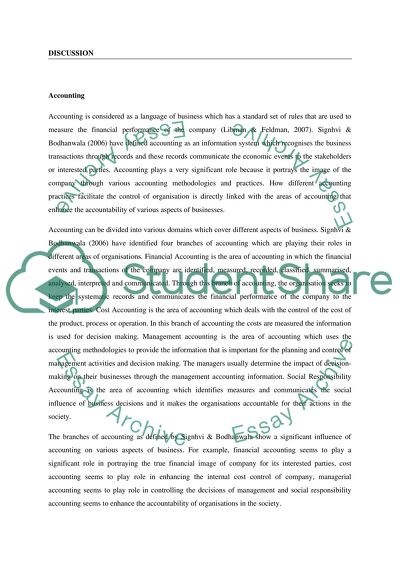Cite this document
(“Does the Way in which Accounting Represents the World Facilitate the Essay”, n.d.)
Retrieved from https://studentshare.org/finance-accounting/1404814-does-the-way-in-which-accounting-represents-the-world-facilitate-the-control-of-organizations
Retrieved from https://studentshare.org/finance-accounting/1404814-does-the-way-in-which-accounting-represents-the-world-facilitate-the-control-of-organizations
(Does the Way in Which Accounting Represents the World Facilitate the Essay)
https://studentshare.org/finance-accounting/1404814-does-the-way-in-which-accounting-represents-the-world-facilitate-the-control-of-organizations.
https://studentshare.org/finance-accounting/1404814-does-the-way-in-which-accounting-represents-the-world-facilitate-the-control-of-organizations.
“Does the Way in Which Accounting Represents the World Facilitate the Essay”, n.d. https://studentshare.org/finance-accounting/1404814-does-the-way-in-which-accounting-represents-the-world-facilitate-the-control-of-organizations.


